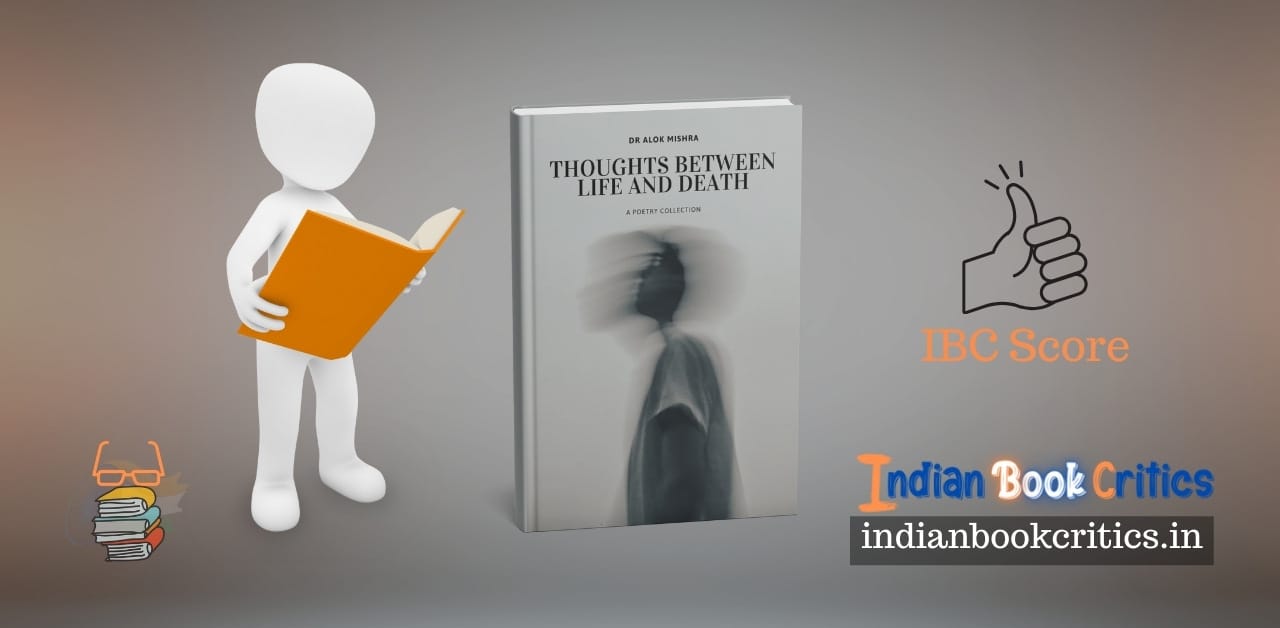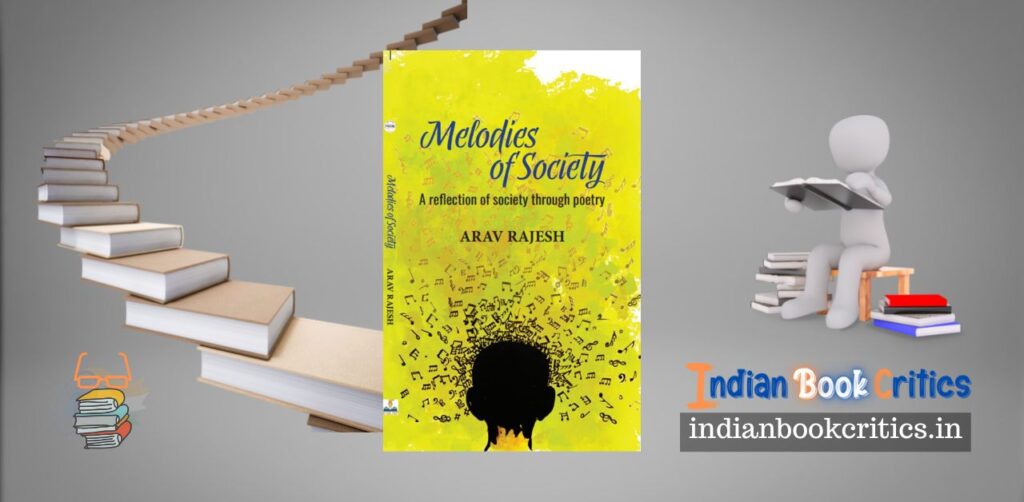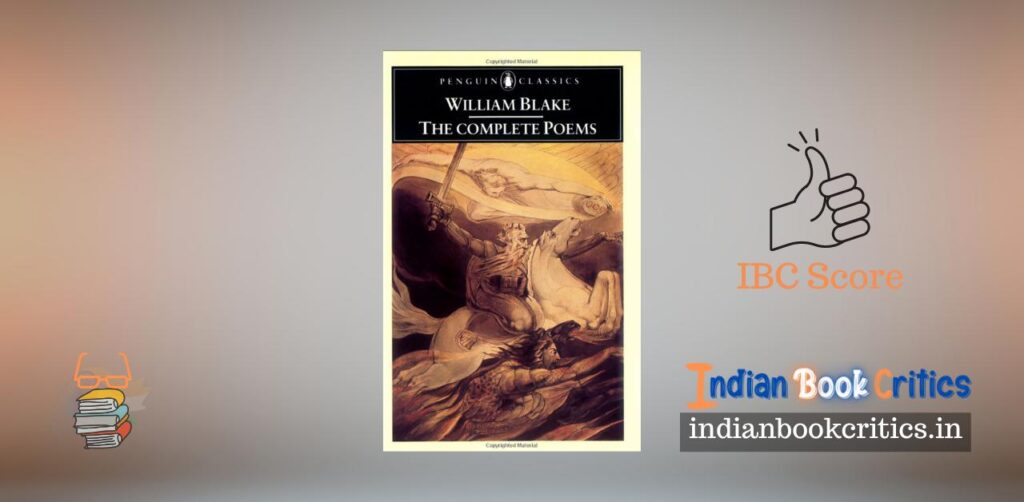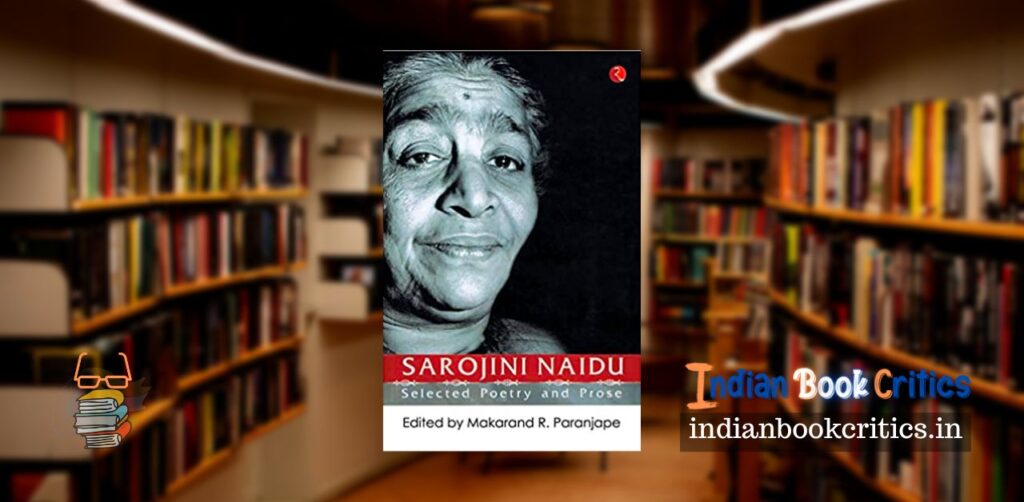Dr Alok Mishra’s Thoughts Between Life and Death is a poetry collection that navigates the fragile thresholds of existence, mortality, love, solitude, and the metaphysical questions that arise in the human condition. The title itself suggests liminality: the precarious interval where life and death exchange glances, where thought becomes both the consolation and the burden of being. This collection, as reflected in its range of poems, can be read as a philosophical meditation couched in lyrical form, where the poet interrogates fundamental truths of existence with candour, intensity, and imaginative verve. The work demonstrates Mishra’s attempt to fuse personal reflections with universal concerns, making it both intimate and expansive.
The opening poem, We two parted?, immediately subverts expectations. The allusion to Byron is deliberate, yet Mishra removes the sting of heartbreak and replaces it with a meditation on companionship so deeply entwined that parting seems inconsequential. The absence of agony in the act of parting is paradoxical, as readers expect the pain of separation. Instead, Mishra offers an exploration of fusion and inseparability: two lives lived so closely that the distinction between them vanishes. The poem sets a tone for the collection, announcing that Mishra will not merely rehearse conventional tropes of love and loss but will examine them from oblique angles, privileging philosophical reflection over sentimentality.
In The Lost Battle, time becomes a character whose wastefulness and irreversibility torment the speaker. Yet the longing is not for power, wealth, or abstract achievements, but for the chance to re-experience love and intimacy. The idea of “passionate solitude” captures Mishra’s subtle dialectic: solitude is usually a marker of absence, but here it is passion itself, transformed into something that redeems isolation. The poem demonstrates Mishra’s capacity to craft paradoxes that compel the reader to pause, reconsider, and engage in reflection.
The Garden and Its Shadow employs the metaphor of a garden to explore the concepts of beauty, transience, and the inescapability of shadow. Mishra shows how grandeur and glory come with their shadow of decay, discontent, and incompletion—unfinished poems, songs on loop, plays without catharsis. The imagery is rich in its layering: the garden is at once a place of splendour and futility, a space where visitors are both enchanted and burdened. It resonates with the cyclicality of existence, where birth and decay, presence and absence, beauty and suffering coexist.
Perhaps one of the more intellectually provocative poems is The Art and the Artist. Here, Mishra mounts a metaphysical interrogation of justice and creation. The notion of poetic justice, familiar in literary discourse, is deemed a “flawed concept” compared to the immaculate mathematics of divine justice. The poet confronts the human impulse to anthropomorphise the universe and demand justice according to human sensibilities, only to be reminded that the cosmic artist operates with laws beyond comprehension. The poem recalls philosophical debates about theodicy and determinism, while simultaneously affirming the autonomy of art and the mystery of creation. What makes the poem distinctive is the poet’s refusal to be satisfied with consolatory notions; instead, he insists on the irreconcilable gulf between human expectations and divine operations.
In Heartbreak, Mishra defies the long literary tradition of associating poetry with emotional rupture. He insists that “no heartbreak can make a poet,” instead locating the poetic impulse in acts of imaginative creation—flowers in deserts, oceans on Neptune, gods conjured into life. This is not to deny the emotional dimension of poetry, but to elevate its essence beyond mere autobiographical wound. Mishra thus situates the poet as a demiurge, a creator of worlds, not merely a scribe of sorrows. The call to “sculpt your Galatea” resonates with the myth of Pygmalion, where artistic creation itself becomes a form of love. The poem, in its polemical tone, becomes a manifesto on poetry’s higher calling.
The Chase and Justice highlight Mishra’s skill in juxtaposing the personal with the philosophical. The Chase narrates the weariness of following someone through a maze of silence, unspoken decrees, and withheld words. It becomes an allegory of human relationships marked by miscommunication and dependency, ultimately reflecting on how trust persists despite the absence of dialogue. In contrast, Justice strips away human emotions altogether, portraying cosmic justice as indifferent to sentiment, embodied in the stark image of a mother dying while a child is saved. The impersonality of the executioner, untouched by “melodrama,” insists on the objectivity of universal law, however incomprehensible it may seem to human hearts.
Poems like Unexpected, Upgrade, and And Regret explore existential transformation. In Unexpected, darkness becomes the very ground of light, teaching that illumination often arises from despair. Upgrade offers a compelling allegory of liberation: the “tiny bird in the cage” that cuts ties with ego and discovers wisdom through solitude. It is reminiscent of spiritual discourses in Indian philosophy where renunciation leads to freedom. Yet Mishra’s voice is personal rather than doctrinal; loneliness here is not merely an affliction but a threshold to higher awareness. And Regret plays with the paradox of knowing, exposing the burden of knowledge as alienating and cyclical. The refrain of “who knows what I know?” turns epistemology into an almost playful riddle, exposing the futility and weight of knowing simultaneously.
The shorter poems such as It may rain, Fragile, Truth, Meditation, and Sacrifice are aphoristic, concise, and cutting in their delivery. It may rain transforms loneliness and inertia into a metaphor of prolonged suffering, while Fragile dismantles the pride of wisdom and detachment in the face of a single tear. Truth reduces communication to the tension between perception and deception, a compact yet profound statement on human interaction. Meditation captures the essence of mindfulness in its silence and openness, while Sacrifice universalises the principle that every grand pursuit demands repeated loss. These shorter pieces serve as philosophical epigrams that punctuate the larger, more narrative-driven poems, providing sharp reflections that balance the collection.
Wide Blue Horizon is one of the most expansive and ambitious poems in the collection, blending existential angst, dream imagery, and contemporary references. The scene of the speaker observing his own body on the bed evokes the out-of-body motif, an encounter with mortality and selfhood. Yet the interruption of thirst, caffeine, and Elon Musk’s Grok grounds the experience in modern banality. Mishra oscillates between cosmic questions and quotidian detail, exposing the absurd simultaneity of metaphysics and materiality. The poem’s interrogation “Who cares whether we live? Am I not death, the dead, dying and the one to die?” echoes philosophical traditions that view life and death as indistinguishable states of being. By fusing ancient metaphysical anxieties with technological intrusions, Mishra captures the unique texture of contemporary existence: fragmented, self-aware, suspended between profundity and triviality.
Watching Sunset, Under the Tree is perhaps the emotional and philosophical fulcrum of the collection. The tree becomes a symbol of continuity, resilience, and companionship, having witnessed the speaker’s childhood, growth, mistakes, and learning. The care with which the poet describes supporting the ageing tree with ropes and sticks mirrors the filial piety and generational reciprocity inherent in human life. The tree’s inevitable decay is juxtaposed with the cosmic truth of flow and impermanence: “we neither come nor go, we are one with the eternal flow.” The poem combines ecological awareness, personal nostalgia, and spiritual wisdom, creating one of the most layered pieces in the collection. It exemplifies Mishra’s strength in weaving together the individual and the universal without losing lyrical intimacy.
Mind and Heart offers a powerful critique of rationality and “crafty wisdom” that distorts innocent truth. The poem denounces the manipulations of intellect when it suppresses genuine feeling, portraying wisdom as a ringleader of deception rather than a source of clarity. The passion with which the poet defends spontaneity, innocence, and unfiltered emotion against the pretences of constructed art resonates strongly with the Romantic tradition, while also addressing contemporary anxieties about authenticity. It closes the collection with a defiant note, reclaiming the heart against the encroachment of calculated reason.
Across the collection, Mishra employs a variety of tonal registers. At times he is contemplative, at others polemical; sometimes he embraces brevity, at other times expansiveness. Yet the unifying thread is a consistent commitment to probing questions of existence, love, justice, creativity, and mortality. The diction oscillates between simplicity and philosophical abstraction, allowing accessibility without sacrificing depth. His metaphors, gardens, shadows, mazes, birds, and trees are rooted in concrete imagery, yet they consistently open into metaphysical and existential reflection.
Thematically, the collection is indebted to both Indian philosophical traditions and Western poetic legacies. The concern with solitude, impermanence, and cosmic justice evokes Vedantic and Buddhist motifs, while the challenges to poetic conventions and engagements with modern absurdities draw on Romantic and modernist strains. Mishra does not imitate but synthesises, creating a distinctive voice that belongs firmly in contemporary Indian English poetry.
Critically, the collection can be read as a dialogue between despair and hope, between the inevitability of death and the fleeting intensities of life. What makes it compelling is Mishra’s refusal to settle for easy consolation. Death is never sentimentalised, nor is love reduced to cliché. Even spirituality is not presented as a dogma but as a personal discovery marked by irony and ambiguity. The poems invite readers not to accept answers but to dwell in questions, to find illumination in paradoxes, and to embrace the fragile beauty of existence.
In conclusion, Thoughts Between Life and Death is a remarkable achievement that demonstrates Dr Alok Mishra’s philosophical depth, lyrical versatility, and imaginative daring. The poems traverse a vast spectrum of human experience, from love and heartbreak to solitude and enlightenment, from the banality of daily life to the mysteries of cosmic justice. It is a collection that resists easy categorisation, instead demanding that readers confront the very conditions of being. By situating personal reflection within universal frames, Mishra ensures that his poetry speaks not only of his own thoughts but of the shared dilemmas that accompany human existence. This is poetry that challenges, unsettles, consoles, and ultimately affirms the ceaseless wonder of living between life and death.
Get a copy from the Amazon Kindle Store – click here.
Review by Anand S J for Indian Book Critics
Thoughts Between Life and Death by Alok Mishra, a detailed review of the poetry collection
- IBC Critical Rating
Summary
A compelling poetry collection that perfectly skins a seeker, an ascetic, an ordinary man, a curious soul, and someone who always seeks questions instead of answers… spiritual, philosophical, humane, worldly, doubts, solace, chaos… You will find it all here!




